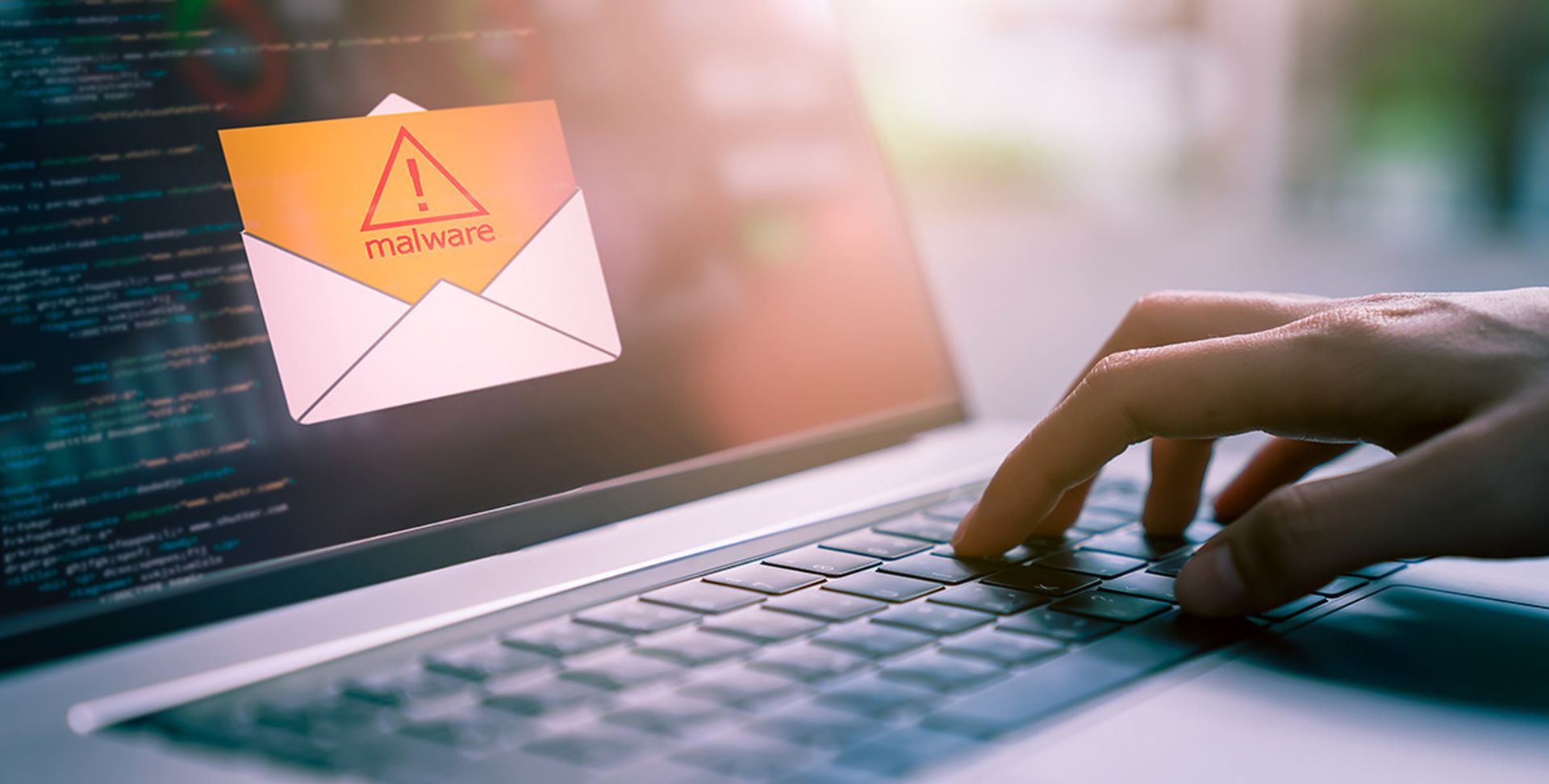
Verizon Network Security engineers are developing new security measures to defend against possible future security threats to 5G networks, the company says.
“As the design and deployment of networks becomes more complicated and the capabilities of networks allow for much more robust systems, securing those networks is the highest priority,” said Srini Kalapala, vice president of network planning for Verizon. “Not only has our network team built our 5G network with industry-leading security, but our team is anticipating and planning for future security issues to protect our network and mitigate risks today and in the future.”
Verizon Developing New 5G Security Measures
Verizon’s Network Security engineers recently performed a series of trials to future-proof its 5G network against security threats and advance security measures to protect the confidentiality, integrity and availability of Verizon’s 5G network, the company said. The security enhancements focused on four areas:
1. Security Network Accelerators: Verizon is working to install programmable network accelerators as a way to mesh together multiple high performance, latency dependent security functions into a single, AI ML driven Network Accelerator, reducing operational expenses, reducing reliance on programming by people and increasing the efficiency of delivering these security functions, the company says. Verizon is working with the University of California Santa Barbara to develop AI ML driven firewall and IDS capabilities that are able to be delivered in a whitebox network accelerator.
2. AI/ML Security: AI/ML is being broadly adopted to automate decision making, troubleshooting, forecasting, network management, security and more, Verizon said. A new framework is currently being tested in two use cases; one to detect security anomalies in the network and the other to analyze MIMO antenna performance at the cell tower.
3. Machine State Integrity (MSI): Verizon is working with enterprise blockchain company Guardtime and technology services provider WWT to provide near real-time, non-repudiated evidence of tampering in a machine’s state while also working to reduce time-to-detection. Verizon engineers and vendors use cryptographically secure functions to create digital data fingerprints and store them in a blockchain so they cannot be modified, the company said. These fingerprints are fully secure and unhackable while remaining accessible from anywhere in the world. By comparing fingerprints stored in the blockchain to fingerprints taken during or after a cyber attack, companies can more quickly and easily determine if data integrity was compromised. Verizon, Guardtime and WWT are preparing for trials of this new technology, the company said.
4. Secure Credentialing Management System (SCMS) for Connected Vehicles: SCMS protects connections against attacks on their integrity, confidentiality, and repudiation, Verizon said, by providing digitally signed certificates and activation codes that validate vehicle safety messages. A joint Verizon and LG team effort validated and secured CV2X Basic Safety Messages (BSMs) using a standards-compliant SCMS hosted on a Verizon 5G MEC at the Mcity Test Track in Ann Arbor, MI.
Security of Verizon’s 5G Network
In addition, Verizon's network security team released two security white papers which describe and document the new 5G architectures and associated security technology and controls, the company said in the statement. The first white paper, First Principles of Securing 5G, was released in December 2019, while The Security of Verizon's 5G Network white paper was released in August 2020.




